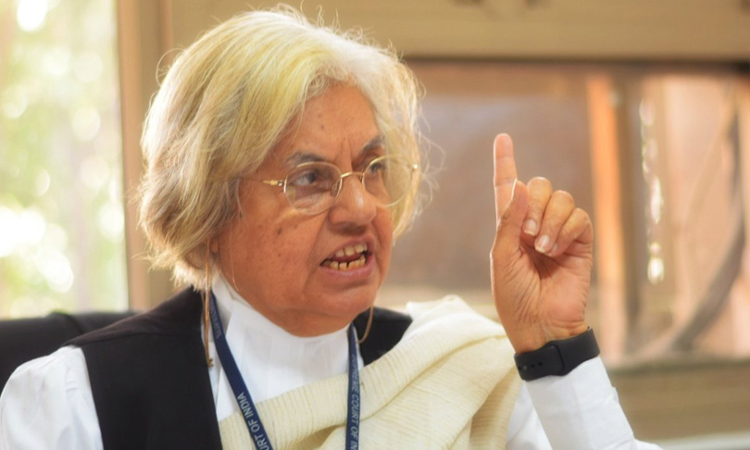SC Issues Notice On Indira Jaising's Plea For Framing Of Rules For Live-Streaming
MEHAL JAIN
2 Feb 2020 10:31 AM IST

Next Story
2 Feb 2020 10:31 AM IST
Senior Advocate Indira Jaising has moved an application before the Supreme Court for a direction to the Supreme Court in the administrative side to frame rules under Article 145(1) for live-streaming of matters of national importance.The bench headed by Justice Indira Bannerjee on Friday issued notice on the application, as well notice to the Secretary General of the apex court.Jaising also...
